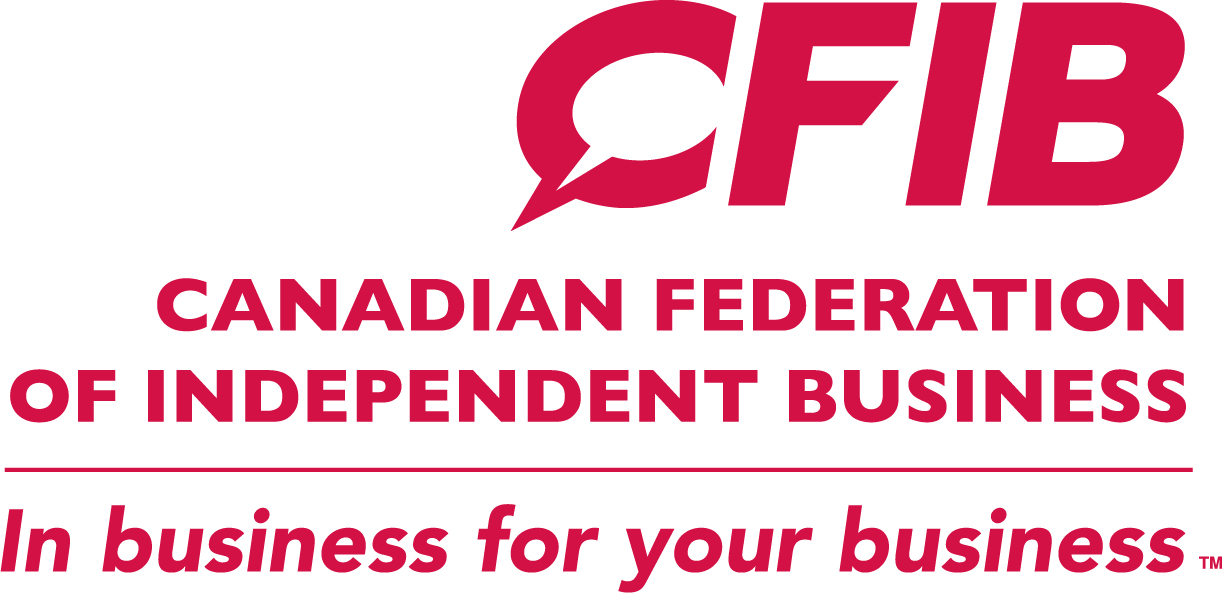TORONTO, March 30, 2022 /CNW/ - Small business owners need the federal government to use Budget 2022 to lay a clear roadmap to small business recovery, says the Canadian Federation of Independent Business (CFIB). This includes keeping business costs down, reducing red tape, finding solutions to address the labour shortage, laying out a plan to address the deficit, and ensuring that COVID-19 measures address the needs of small businesses.
"Businesses continue to struggle with decreased revenue, staffing shortages and major cost increases. While optimism is returning as restrictions begin to lift, many businesses are hoping to see concrete measure in the federal budget that will help them deal with the cost of doing business, labour shortages and COVID-related debt. This federal budget must not only ensure small businesses survive the challenging months ahead, but help them rebuild and instill confidence in consumers," said Corinne Pohlmann, CFIB's senior vice-president of national affairs.
More than nine in 10 (94%) businesses say their costs have increased at a time when they can scarcely afford it. Business owners have worked longer hours and taken on staggering debt loads to keep their businesses afloat.
Budget 2022 must lay the foundation for Canada's economic recovery, by establishing small business recovery as its central focus. CFIB presented Finance Minister Chrystia Freeland and all Members of Parliament with a plan containing four main tenets, based on member feedback:
- Ensure that the cost of doing business does not increase and reduce red tape.
- Prioritize policies that help with labour shortages.
- Control government spending and set a timeframe to balance the budget.
- Make sure the COVID-19 relief measures and other policies support small businesses on the path to recovery.
"Small businesses have been put through the wringer over the past two years," added CFIB president Dan Kelly. "For the economic recovery to be realized, small businesses need to be the central focus of Budget 2022. This budget needs to set a clear plan for economic recovery that will return confidence to business owners about their future."
In the next couple of months, as small businesses across all sectors and regions get back on their feet, it is critical they have tools and resources in place to support their recovery.
In its recent letter to Minister Freeland, CFIB made four recommendations on how to best support small businesses on their path to recovery:
- Help with small business economic recovery by extending the Canada Recovery Hiring Program (CRHP) until at least September 2022.
- Reassure consumers that it is now safe to return to in-person activities, such as shopping, dining, travel and attending events, etc.
- Help the hardest hit small businesses deal with their COVID-19 related debt. This could be done by increasing the forgivable portion of their Canada Emergency Business Account (CEBA) loan to 50%, extending the deadline to repay CEBA beyond December 2023 and finding a way to support newer businesses.
- Introduce a plan to phase out all federal COVID-19 restrictions and vaccine mandates such as those related to travelling and border crossing and encourage all federal employees to return to in-person office work this spring.
Read CFIB's full pre-budget submission for more details.
The Canadian Federation of Independent Business (CFIB) is Canada's largest association of small and medium-sized businesses with 95,000 members across every industry and region. CFIB is dedicated to increasing business owners' chances of success by driving policy change at all levels of government, providing expert advice and tools, and negotiating exclusive savings. Learn more at cfib.ca.
SOURCE Canadian Federation of Independent Business

For media enquiries or interviews, please contact: Dariya Baiguzhiyeva, CFIB, 647-464-2814, [email protected]

Share this article